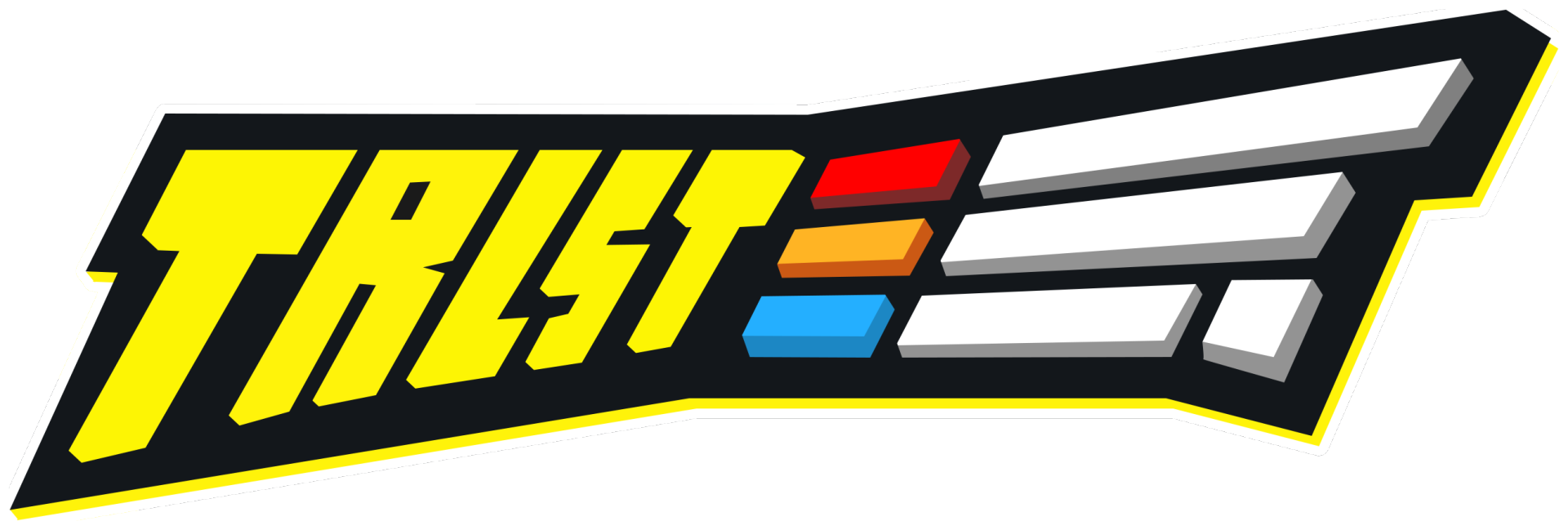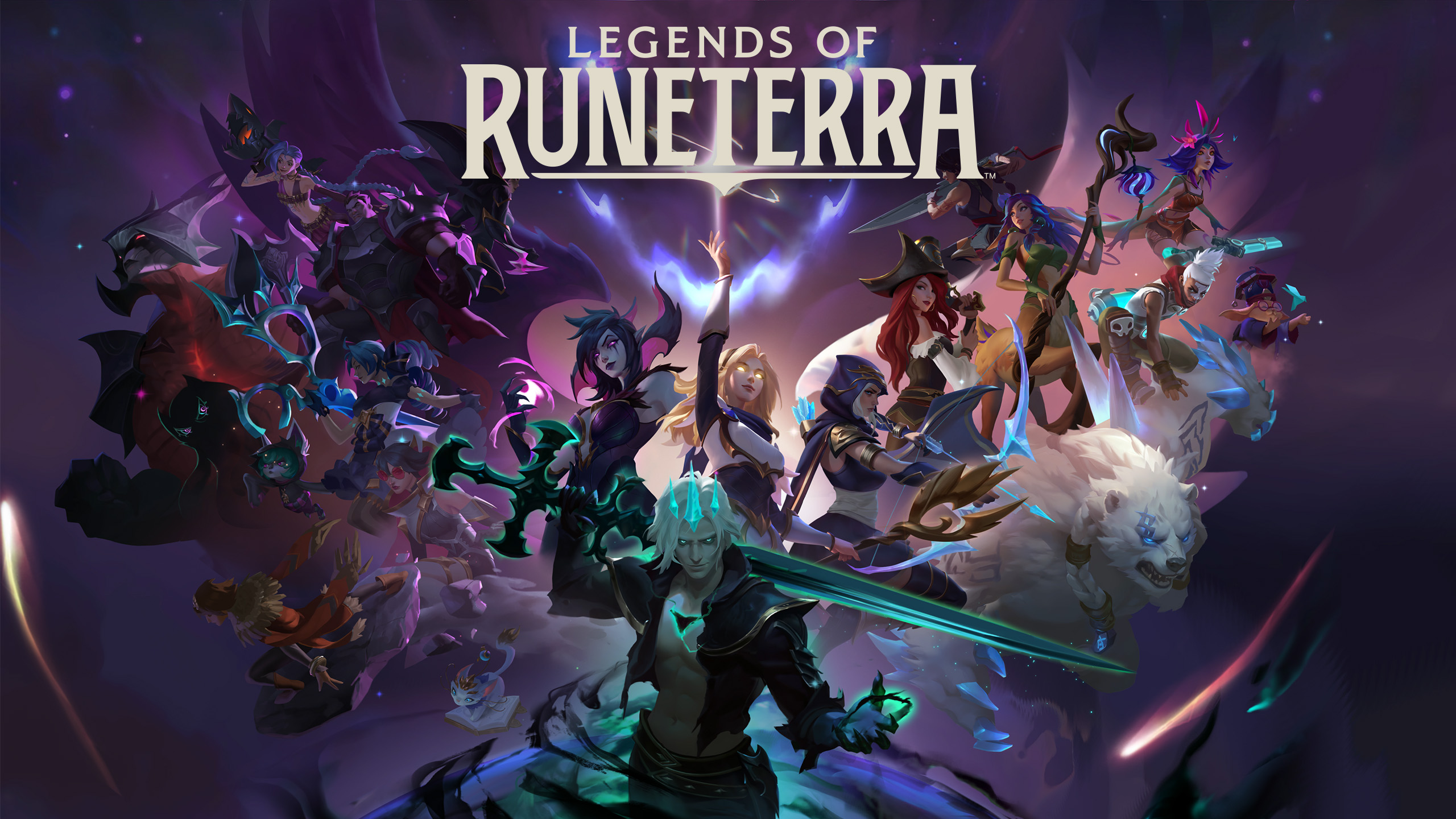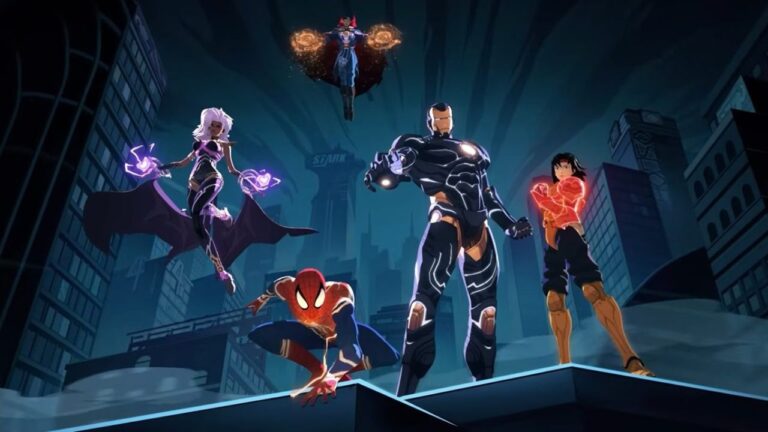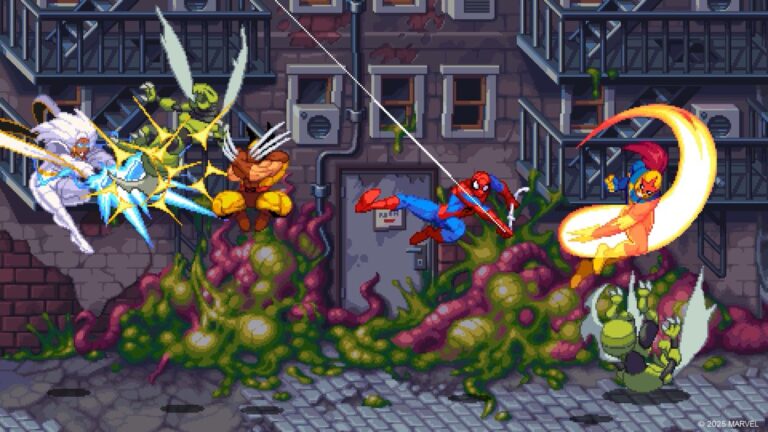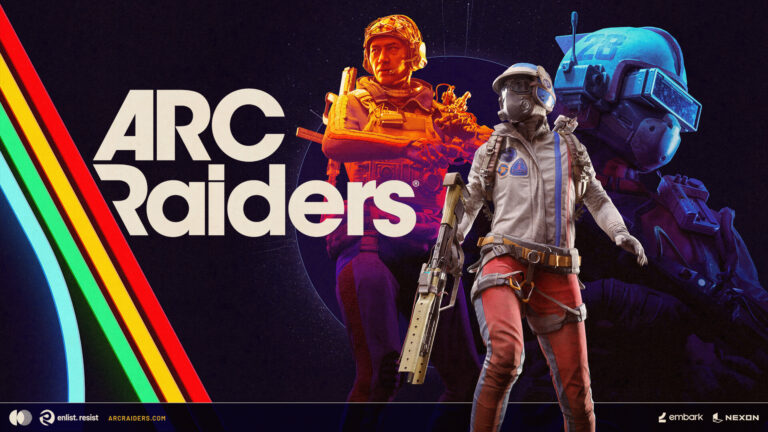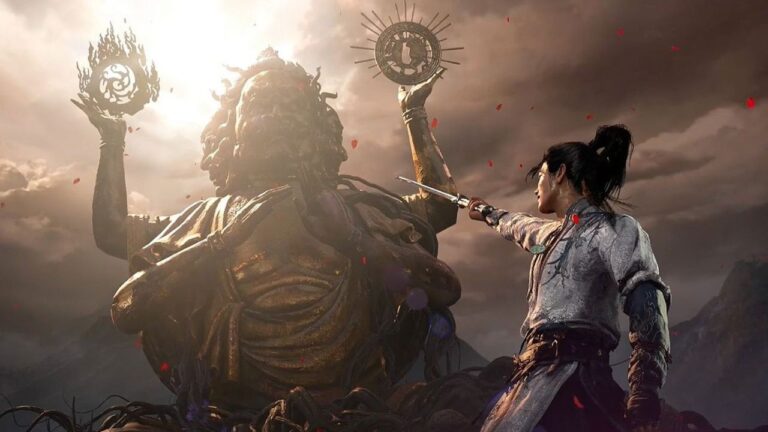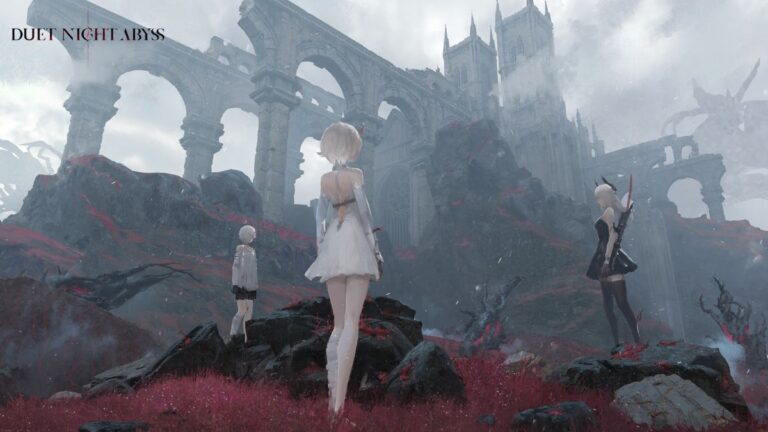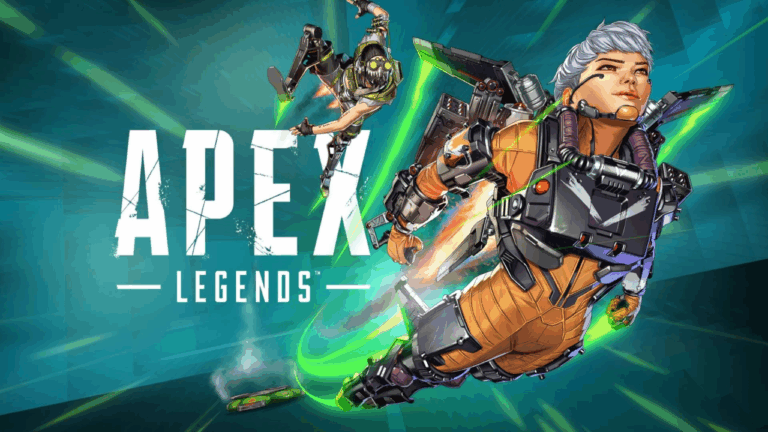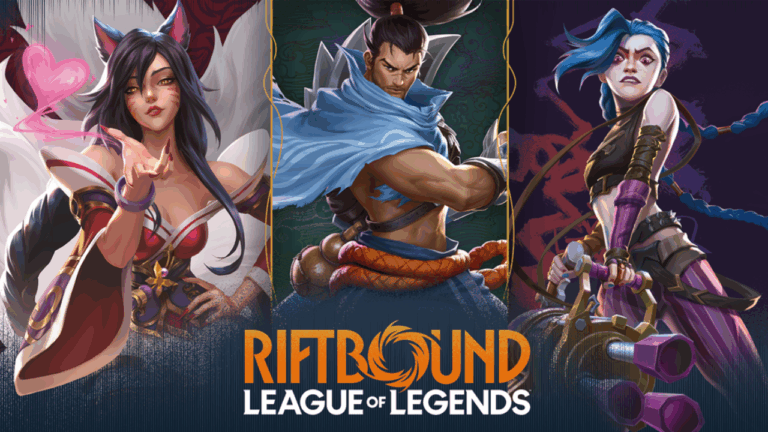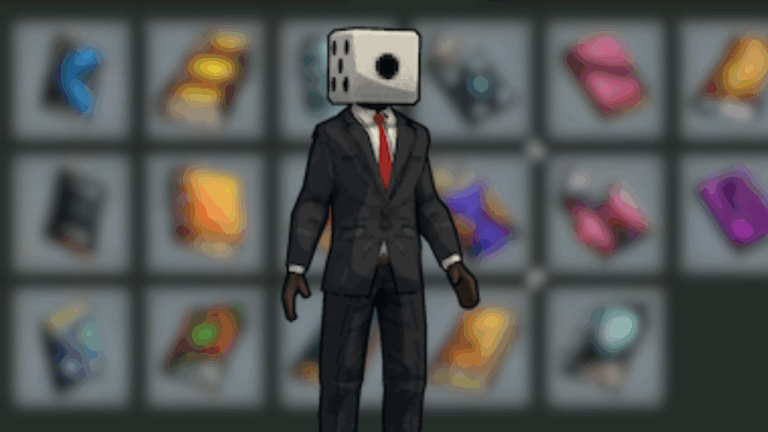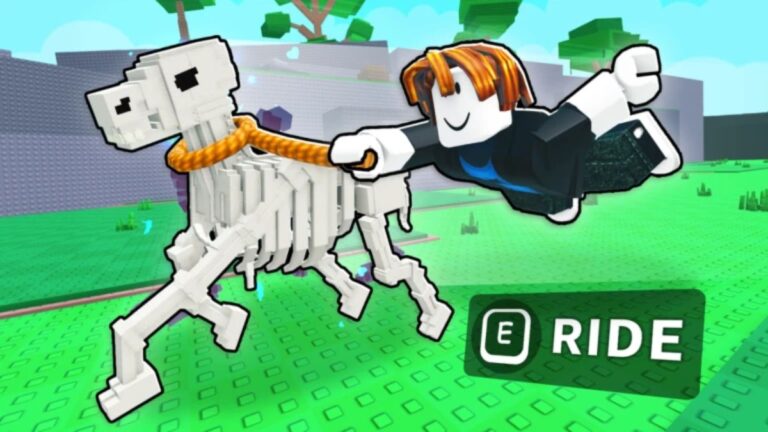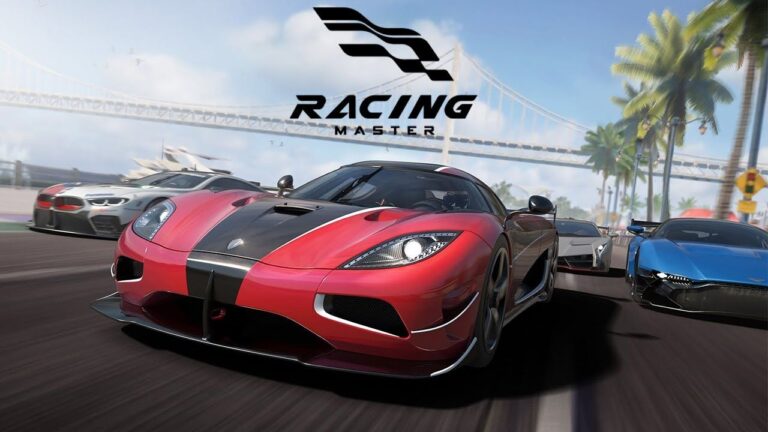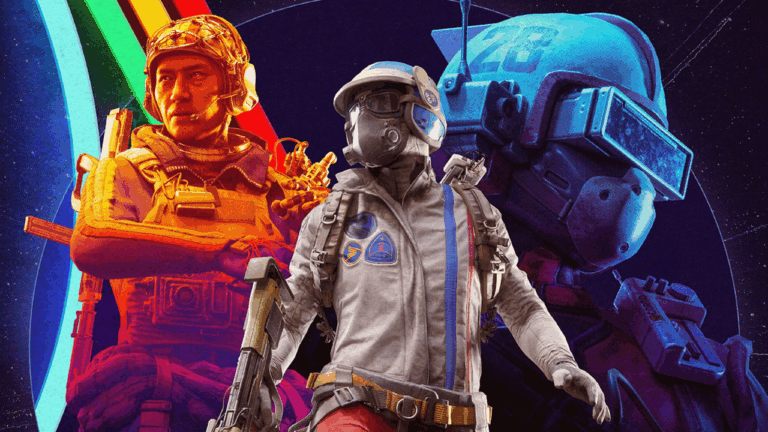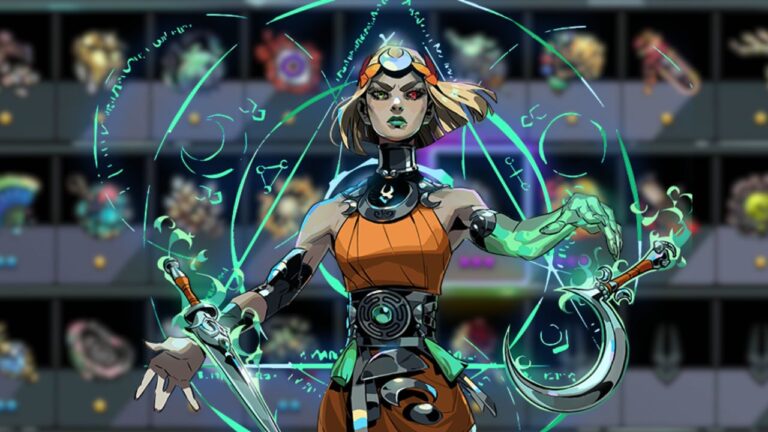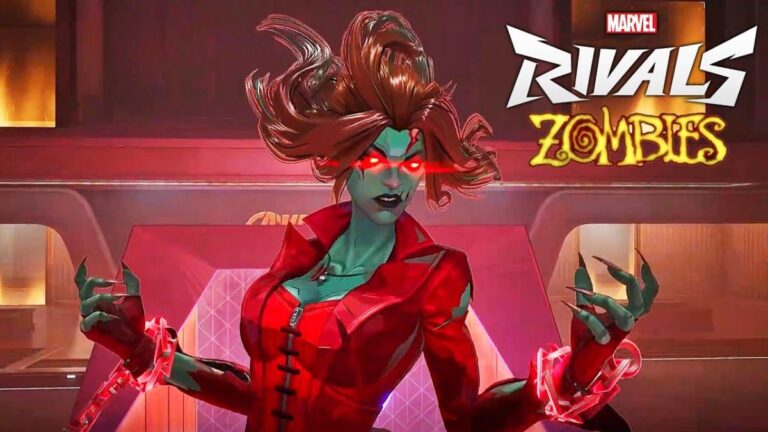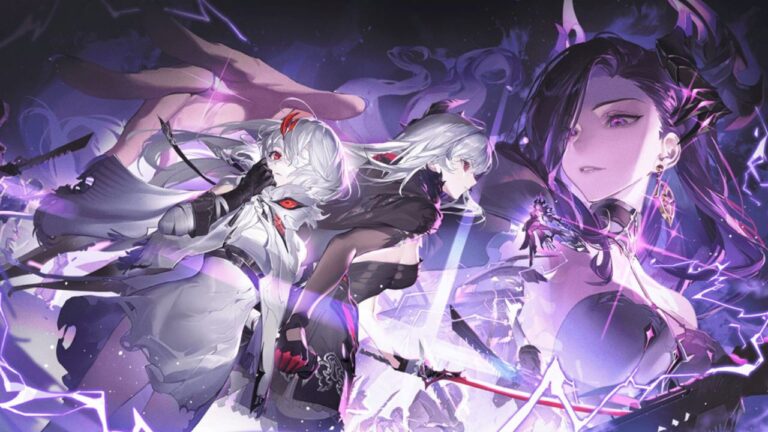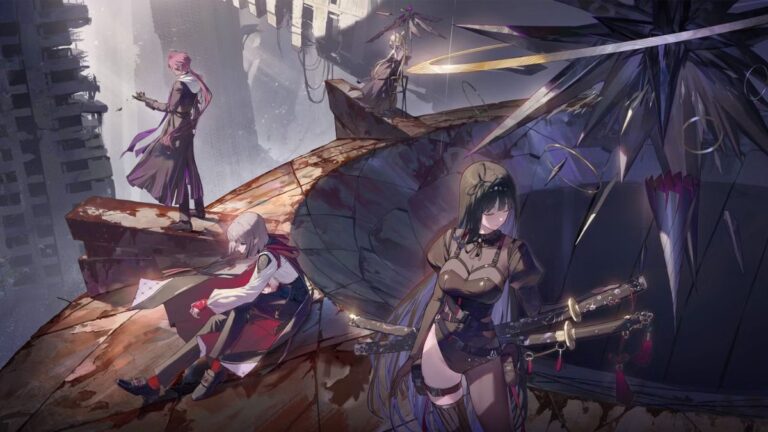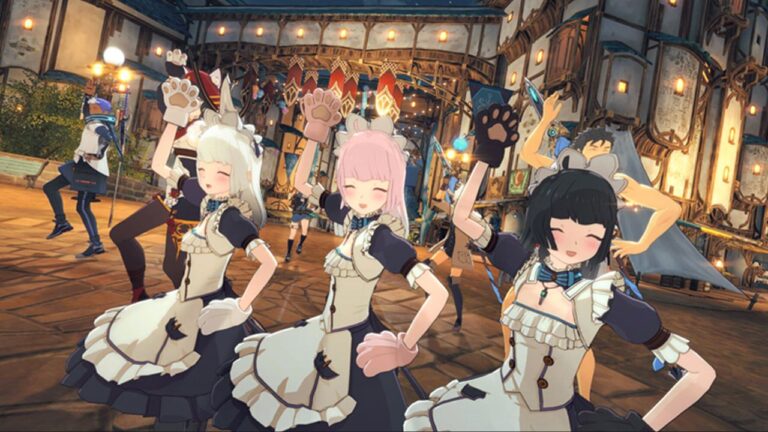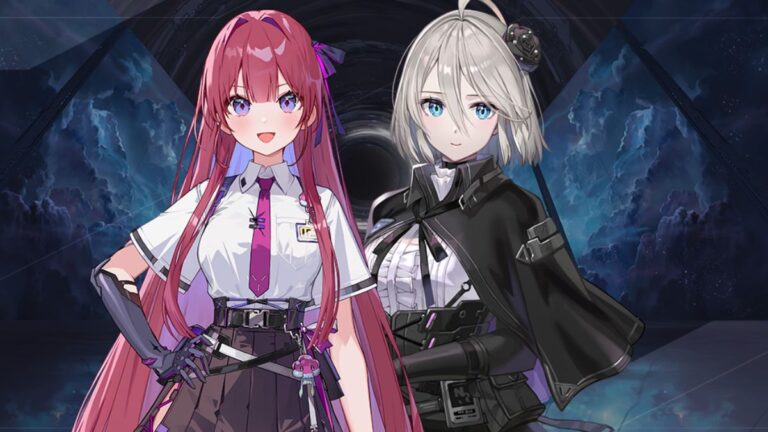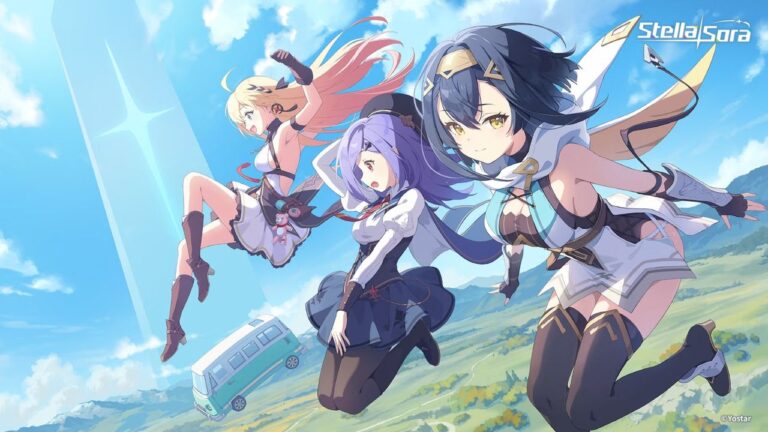From strategic deck-builders to fast-paced digital duels, the card game scene has never been more active. With new releases like Pokémon TCG Pocket and Dragon Ball Fusion World joining long-standing favorites such as Hearthstone and Legends of Runeterra, players have more free-to-play options than ever before.
This tier list ranks today’s most discussed and widely played online card games, focusing on three key factors:
- Monetization: how generous and transparent each game’s system is.
- Free-to-play viability: whether you can realistically compete without paying.
- Beginner experience: how easy it is for new players to learn and stay engaged.
Some titles shine through sheer balance and accessibility (Runeterra, Eternal), while others are enjoyable if you are willing to spend time or money. Note that this tier list does not account for the competitive scene on any of those games. Here, we are focusing on how simple it is to download and enjoy these games from a casual, non-spending standpoint.
Table of Contents
Beginner & Free to Play Digital Card Games Tier List
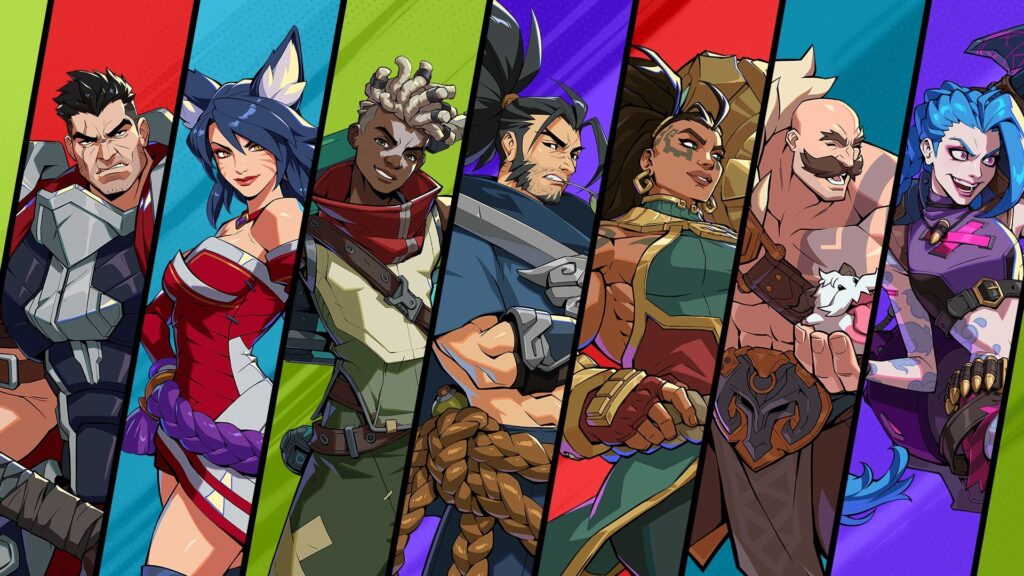
Create and share your own tier lists.
Browse or create new tier list topics.
S-Tier : Truly Free to Play and Beginner Friendly
Legends of Runeterra
- Monetization & Free to Play : Some players even argue LoR’s generosity hurt its longevity. Indeed, the economy was so open that dedicated grinders eventually ran out of goals.
- Beginner Experience: Good onboarding and a forgiving economy make it a strong beginner choice.
Eternal Card Game
- Monetization & Free to Play : Review traditionally praise Eternal for being generous through earning paths and crafting economy. Veteran players underline how simple it is for free players to build competitive lists without extreme spending.
- Beginner Experience: The friendly crafting system makes Eternal a good starting point for a Competitive CCG. As for the mechanics, the game has great tutorials to learn the basics.
A-Tier : Popular and polished, expect to grind.
Hearthstone
- Monetization & Free to Play : Hearthstone was forced to be more generous as more competition emerged. Now, the game can be played for free, although crafting an entire deck might take a bit of playing time if the legendary cards don't show up in packs.
The system is fair if you don’t mind having to specialize into a couple of classes in order to play for free.
- Beginner Experience: Very accessible ruleset, large tutorial resources, and strong community support. Overall, Hearthstone is a good first CCG.
Pokémon TCG Pocket
- Monetization & Free to Play : One can play for free, but collection progression and trade restrictions have frustrated players over time. Still, event rewards tend to be generous enough to offset the grindy feeling.
- Beginner Experience: Brand familiarity and simple rules make Pokémon TCG Pocket easy to get into. However, new players should expect some grind to get their first competitive decks.
Pokémon JCC Live
- Monetization & Free to Play : Fantastic based on reviews. A truly free-to-play option with no spending pressure, but the experience can feel rough around the edges due to bugs and unfinished features.
- Beginner Experience: Mixed reviews. On the one hand, free access and no pay barrier make it accessible. On the other hand, the game client has had criticism (bugs, unfinished features) while some mechanics may feel less polished compared to top-tier digital.
Clearly, this one is in Tier A due to being a top tier Free to Play option.
Shadowverse : Worlds Beyond
- Monetization & Free to Play : Shadowverse drew heavy criticism at first, but actually is quite fair when compared to most card games on the market. Indeed, the game grants one free pack per day, while the Vials' system allows targeting specific classes we want to invest into.
You’ll comfortably build one competitive deck per expansion without paying, but will have to invest in order to get the full roster.
- Beginner Experience: The gameplay and mechanics are fine for a novice card game player. However, legendary cards tend to be very powerful compared to the rest of the roster, meaning it can be tough for beginners to catch-up.
B-Tier : Great games with caveats (support, economy, or complexity)
Magic Arena
- Monetization & Free to Play : Critics claim the game can feel "Pay to Fast" even if all cards can be collected through playing. Top meta decks in particular require significant grinding or targeted spendings.
- Beginner Experience: There is a lot to learn for those ready to invest in a long-term hobby. However, the complexity and need to grind can overwhelm a complete beginner with no prior card game experience.
Great for committed players, but daunting for new ones.
Gwent
- Monetization & Free to Play : The monetization is standard, but the game’s economy gives decent free progression when you play events. Then, Gwent is Free to Play for someone investing time and attending those events. Otherwise, expect a grind to craft competitive decks.
- Beginner Experience: Gwent has a steeper learning curve due to a different play style compared to most card games. Novices should be ready to learn the mechanics proper to that TCG, rather than hope to transfer some skills from previous experiences.
Marvel Snap
- Monetization & Free to Play : Marvel Snap will ask for money at almost all times, but rarely makes it required to compete if you play daily. The card acquisition system is unique, and very frustrating for some players.
The season pass card being paywalled for a month is a particularly annoying feature. Yet, some synergies have been playable for years, meaning very little cards are actually mandatory to play. - Beginner Experience: Marvel Snap can be very frustrating for someone looking at social media and other players' progression. Indeed, the card acquisition system is designed to follow the learning curve. Huge spendings will be necessary to catch-up if that's the goal.
Otherwise, the gameplay is very simple to understand, and the cards we unlock are designed to get more intricate as time passes.
Kards
- Monetization & Free to Play : The game has overall strong review, but many recent ones note a change towards unbalanced releases in order to force players to pay to keep up competitively. It is possible to collect most cards for free, but appears to be a grind.
- Beginner Experience: This is a niche game with a small player base compared to the rest of the list. Then, Kards is a good pick for someone enjoying the WWII theme first and foremost.
C-Tier : Hard to get into, or compete without spending.
Yu-Gi-Oh! Master Duel
- Monetization & Free to Play : The huge card pool can push players toward spending to complete meta decks. Competitive decks typically require investment or long grind, keeping the non-spending players from competing early on in a new set.
- Beginner Experience: Iconic brand and big community, but beginners should follow starter guides and avoid attempting expensive meta builds at first.
Dragon Ball Super: Fusion World
- Monetization & Free to Play : The game is giving away more resources as time passes, but Secret cards are almost impossible to collect except for opening them in a lucky pack. Plus, the wildcard system is much worse compared to a Hearthstone or Shadowverse.
Dragon Ball isn't very expensive due to its code system, but will require spendings in order to craft competitive decks early on in a new set.
- Beginner Experience: Demanding game to learn, but the feeling of playing a Dragon Ball is real. Designed to be a support to the physical card game, which limits the appeal for a complete beginner, especially as it is tough to collect the rarer cards for competitive decks.
